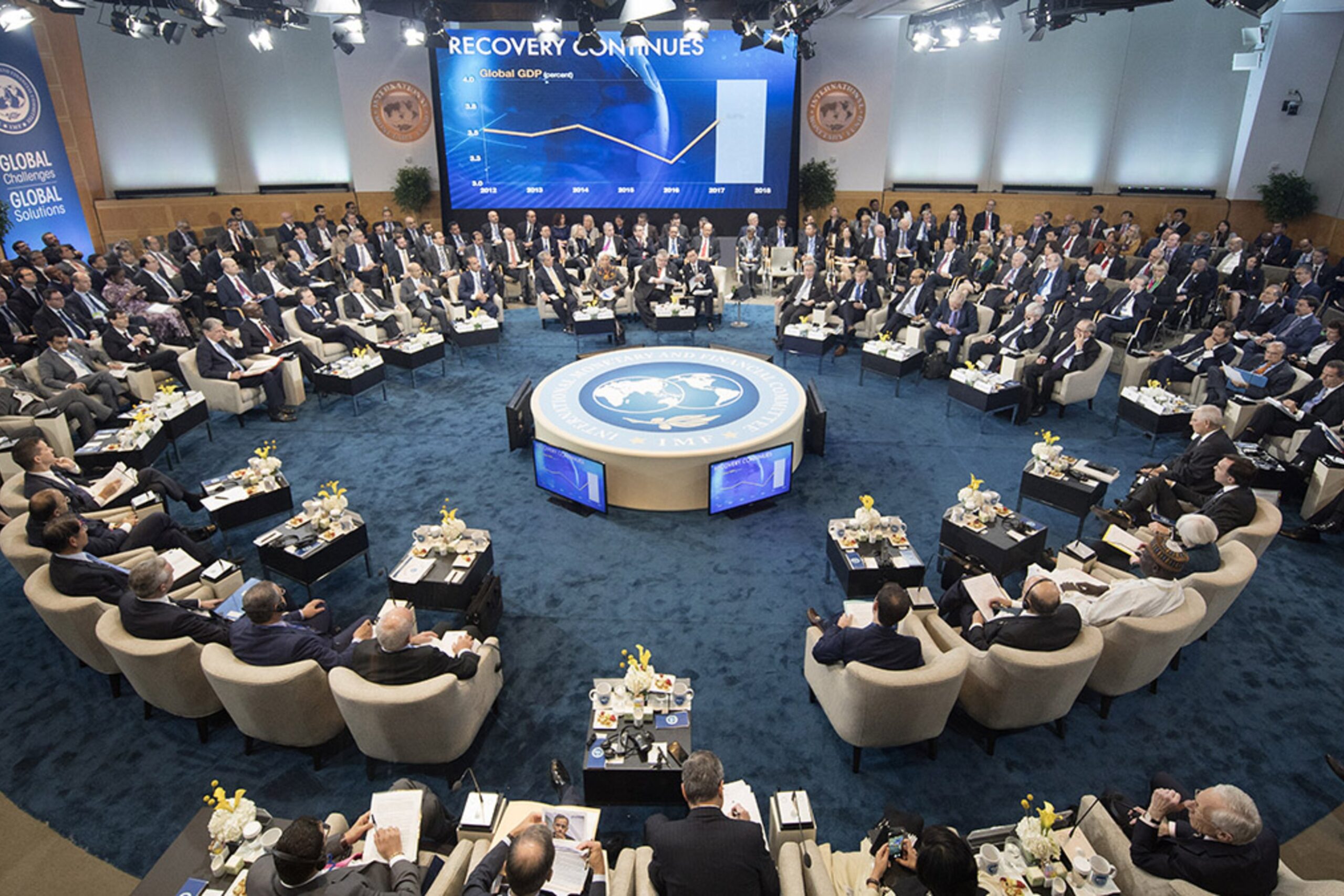Inflation spike: Product of historical factors
What Zimbabwe is experiencing in terms of surging inflation reflects the delayed effect of what happened earlier, Finance and Economic Minister Mthuli Ncube said on the sidelines of the World Economic Forum (WEF), which ended in Davos, Switzerland yesterday.
The country’s annual inflation rate for May 2022 went back to triple digit figures for the first time since June 2021 when the Zimbabwe National Statistics Agency (ZimStat) reported the rate at 106,6 percent.
According to Zimstat, the May annual inflation stood at 131.7 percent, gaining 35 percentage points from the April figure of 96.4 percent.
May’s month-on-month inflation stood at 21 percent, the second highest since July 2020 when it reached 35,5 percent.
Apart from global price increases, endogenous factors such as exchange rate volatility have been affecting price increases in Zimbabwe.
Corporate greedy has also been blamed.
Food was the most affected with the May food inflation coming in at 150 percent. This comes as global prices have been spiraling on the back of climate change, Covid-19 and recently the conflict between Russia and Ukraine.
Kristalina Georgieva, the International Monetary Fund managing director, told the World Economic Forum in Davos, Switzerland on Monday that “the anxiety about access to food at a reasonable price globally is hitting the roof” as food prices continue “to go up up up”.
Minister Mthuli said food inflation has been impacted by the global shocks “as well as the local currency shocks”.
He, however, said “what we’re seeing in terms of inflation is really the delayed effect of what happened before”.
“We should see going forward, a bit more stability coming out of the measures that were put in place including the idea that now the policy that from now on in terms of some basic commodities, citizens or whomsoever can bring in those from whatever source they find affordable from outside. Opening up the borders will also help push down prices,” he said.
Zimbabwe recently announced a raft of measures to deal with the crisis and Minister Mthuli believes the measures will go a long way in putting “a damper on those price hikes”.
He, however, added that it’s also important for the country to boost production. Mthuli said sunflower and even maize could also be used for producing cooking oil and not just soya beans which Zimbabwe tends to import more. “Also let’s invest more in cotton production because the lint seed oil can be extracted from this cotton by-product.
“So clearly, we’ve to do some investment locally to deal with some of these food shocks as well as open up borders so that citizens can import from elsewhere.”
Minister Mthuli said the (the measures) would go a long way in dealing with price
increases.
“We’ve done a lot as well in trying to make sure that we limit the speculation that’s
taking place around our currency whether its action on the stock market, action on
banking sector.
“We’re doing a lot in trying to make sure we stabilise the situation. But every country in
the world is feeling some shock whether you’re here in Switzerland.
“Just looking at the price of fuel here in Switzerland, it’s about $2,25 and in Zimbabwe
it’s actually lower than that. So you can see the impact of these fuel issues and that
translates into food inflation.”
Almost every country in the world is reeling from the global shocks as well as some
domestic shocks depending on the respective countries.
Turning to developments on the currency market, Minister Mthuli said government is
committed to a market based exchange rate.
He said as per measures announced by President Mnangagwa, the Reserve Bank of
Zimbabwe was now only selling what is readily available.
“In terms of what was sold on the market, there’s US$25 million and that’s really what
we can sustain going forward in terms of the surrender amounts from exporters.
“In terms of the 40-60 rule thereabout, but also from the 20 percent surrender from
domestic transactions and whatever Treasury can chip in from week to week.
“So US$25 million is what we can sell and we have decided we will not create a backlog or allow one tohappen and we are busy clearing that backlog, said Minister Mthuli.
He added that clearing the backlog by selling what we have will go a long way in building
confidence in the market that truly the market forces are at play and that will go a long
way then in making sure that the parallel market rate doesn’t run away the way it has
done and drive the prices on our shelves.-eBusiness Weekly









